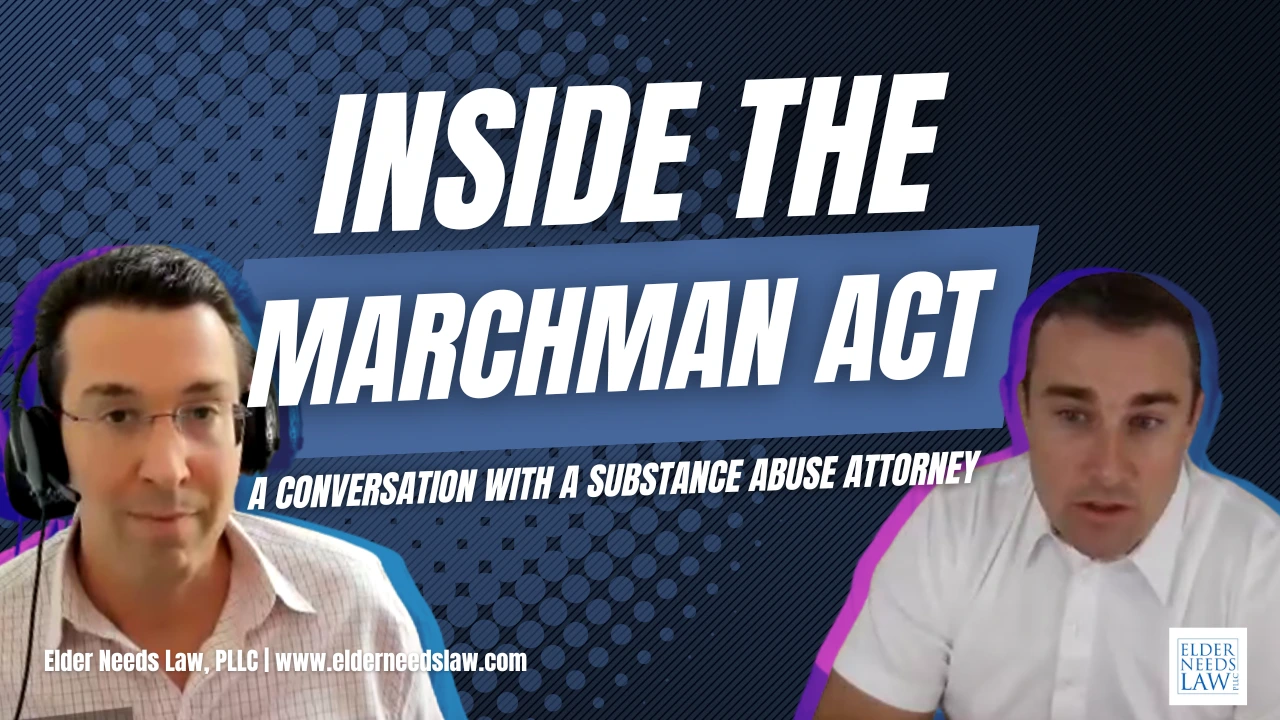Medicare, Medicaid and how to Plug the “Medicare Donut Hole” in Florida

Dual Eligibility: How Qualifying for Both Medicare and Medicaid Can Help With Costs
Qualifying for Medicare hardly means free health care -- there are still premiums and deductibles. However, people who qualify for both Medicare and Medicaid (called “dual eligibility”) receive help paying their out-of-pocket costs – and sometimes that include long-term care costs such as: home health care, ALF care, and nursing home care.
Medicare is a federal program available to anyone 65 or older. It consists of four major parts, each of which have premiums and co-pays associated with them:
- Part A covers hospital stays and some limited nursing home stays (up to 100 days). This does not cover ALF care or home health care (Medicaid would cover these services).
- Part B covers office visits, physician fees, medical equipment, home care, and preventative services
- Part C (called Medicare Advantage) permits Medicare beneficiaries to receive Part A and B benefits from private insurance companies
- Part D covers prescription medications
Medicaid is a joint federal and state program that provides health insurance to low-income adults, children, and people with disabilities. It is also the primary method of paying for nursing home care. To qualify for coverage, applicants must have limited assets and income. For those who have too much assets or income, a Medicaid-planning attorney can assist.
To be considered "dually eligible," beneficiaries can be enrolled in either Medicare and full Medicaid or in Medicare and one of Medicaid’s Medicare Savings Programs. Medicare Savings Programs are state programs, run through Medicaid, that provide help paying for Medicare premiums. When Medicare and Medicaid coverage overlap, Medicare always pays for the services first. If Medicare doesn’t cover the full cost, then Medicaid may cover the remaining cost. Medicaid may also cover some costs that Medicare does not cover, like long-term nursing home care.
The benefits available to dual eligible beneficiaries depend on which Medicaid program the beneficiary is enrolled in:
- MEDS-AD. Beneficiaries receive full Medicaid coverage. In addition, beneficiaries do not have to pay more than the amount allowed under the state’s Medicaid program for services by Medicare providers.
- Qualified Medicare Beneficiary (QMB) Program. Beneficiaries receive help paying Part A and Part B premiums, deductibles, coinsurance, and copayments.
- Specified Low-Income Medicare Beneficiary (SLMB) Program: Beneficiaries receive help paying Part B premiums.
- Qualifying Individual (QI) Program: Beneficiaries receive help paying Part B premiums but help is limited on a first-come, first-served basis.
How You End Up in Medicare’s Donut Hole
Medicare prescription drug (Part D) plans can have a coverage gap—called the "donut hole"--which limits how much Medicare will pay for your drugs until you pay a certain amount out of pocket. Although the gap has gotten much smaller since Medicare Part D was introduced in 2006, there still may be a difference in what you pay during your initial coverage compared to what you might pay while caught in the coverage gap.
When you first sign up for a Medicare prescription drug plan, you will have to pay a deductible, which can’t be more than $445 (in 2021). Once you’ve paid the deductible, you still need to cover your co-insurance (also called co-payment) amount (depending on your drug plan), but Medicare will pay the rest. Co-insurance is usually a percentage (for example, 20 percent) of the cost of the drug. If you pay co-insurance, these amounts may vary throughout the year due to changes in the drug’s total cost.
Once you and your plan pay a total of $4,130 (in 2021) in a year, you enter the coverage gap, aka the notorious donut hole. Previously coverage stopped completely at this point until total out-of-pocket spending reached a certain amount. However, the Affordable Care Act has mostly eliminated the donut hole. In 2021, until your total out-of-pocket spending reaches$6,550, you’ll pay 25 percent for brand-name and generic drugs. Once total spending for your covered drugs exceeds $6,550 (the "catastrophic coverage" threshold for 2021), you are out of the coverage gap and you will pay only a small co-insurance amount.
Once you are in the coverage gap, your yearly deductible and co-insurance payments count toward the amount you need to pay to reach catastrophic coverage. The amount of out-of-pocket costs that you have to pay to reach catastrophic coverage will vary, depending on the type of drugs you take. In the case of brand name drugs, you will pay only a certain percentage of the price, but the entire price will count toward the amount you need to qualify for catastrophic coverage. With generic drugs, only the amount you pay will count toward getting you out of the donut hole.
Bear in mind that only payments for drugs that are covered by your plan count towards the out-of-pocket threshold. Your premium and the portion of the drug cost that Medicare pays do not count toward reaching catastrophic coverage, either. Also, any help with paying for Medicare Part D costs that you receive from an employer health plan or other insurance does not count toward this limit.
How to Plug the Medicare Donut Hole
We are able to help people get onto QMB, which will coverall co-pays, deductibles, and co-insurance. Every single Medicare provider in the State of Florida is unable to charge you anything (they collect their co-pays, co-insurance, deductibles from Medicare and Medicaid).
QMB then can plug the infamous Medicare Donut Hole.
For those who do not readily qualify for QMB, if you are over the age of 65 and deemed disabled, or have an approved diagnosis, we can provide legal and ethical strategies to protect your assets and income to qualify for these and other Medicaid programs.







